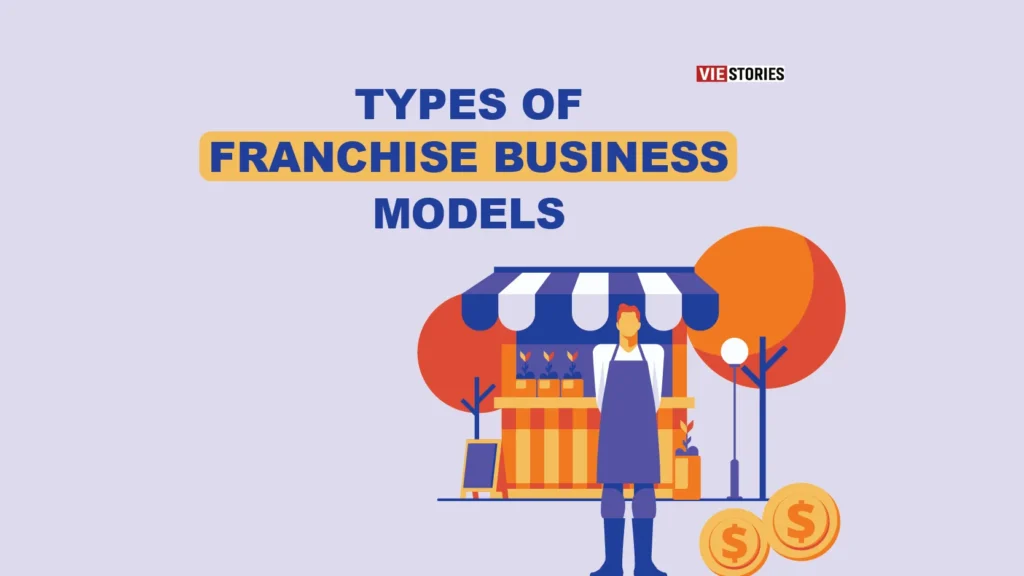
Franchising is a business model in which the owner of a business (the franchisor) allows an individual or group to run an operation using the franchisee to operate under the brand, trademark & the business model owned by the franchisor.
How Does a Franchise Operate?
A franchise business operates quite simply. A franchisee buys a licence to run a business using the franchisor’s brand, trademarks, and brand name. The cost of the licence depends upon the size of the business, its brand goodwill and the demand for its products. Besides this initial investment, the franchisee must also pay an ongoing annual royalty, typically a percentage of annual gross sales.
The business processes and operations of a franchise are outlined in the operations manual , which is a part of the franchise contract. The franchisee must follow the contract’s terms and maintain standards for hygiene, quality, visual presentation, products, pricing, and promotion.
Types of Franchise Business Models
- Company Owned Franchise Operated – COFO
- Franchise Owned Company Operated – FOCO
- Franchise Owned Franchise Operated – FOFO
COFO Franchise Business Models
In this model, the company invests in the franchise business, while the franchisee operates it according to the company’s guidelines. This approach is rare as most businesses that want to expand prefer to do it on their own. An Example of this is call centers that manage calls for a company.
Advantages of the COFO Model
(a) The company covers operational expenses .
(b) Employee productivity and efficiency are high because the outlet is managed by an entrepreneur.
(c) The company can open outlets in locations where it might be challenging to find franchisees.
FOCO Franchise Business Models
– The franchisee owns the property and is responsible for any additional capital expenses, while the franchising company manages the store or outlet operation. This model is also known as Franchise Invested Company Operated. Example: Bistro57.
Advantages of the FOCO Model
(a) The company or brand controls the end customer experience , ensuring higher better in quality.
(b) The expenses are well distributed because the company doesn’t cover set-up costs, while the franchisee does not handle operational expenses.
Disadvantages of the FOCO Model
(a)It is not ideal for property owners who want to rent out their properties.
(b) It is a continuous, collaborative business model, where the franchisee has no control over the day-to-day operations.
FOFO Franchise Business Models
In this FOFO (franchise owned franchise Operated) model, the company licence its brand name to the franchise investors in exchange for a non-refundable franchise fee for a set period. The brands determine the prices and products for the outlet. As a result, the franchise investor owns the store and bears all operational costs. Additionally, the Franchise must pay the Brand a percentage of income as royalty. This model is the most common in the marketplace.
Explore the list of FOCO model based franchise business in India.
Conclusion – Franchise Business Models
Understanding the different types of franchise business is very important, specially for those who are looking to start or invest in franchise business. Every type of franchise model has its own unique opportunities and challenges.
FAQs –
How to choose the right franchise model for me?
Choose the right franchise according to your interest, skills and Evaluate your business goals and choose according to that.
where can I get proper information about franchise?
You can consult with franchise consultants and franchisees. Go through the website.


